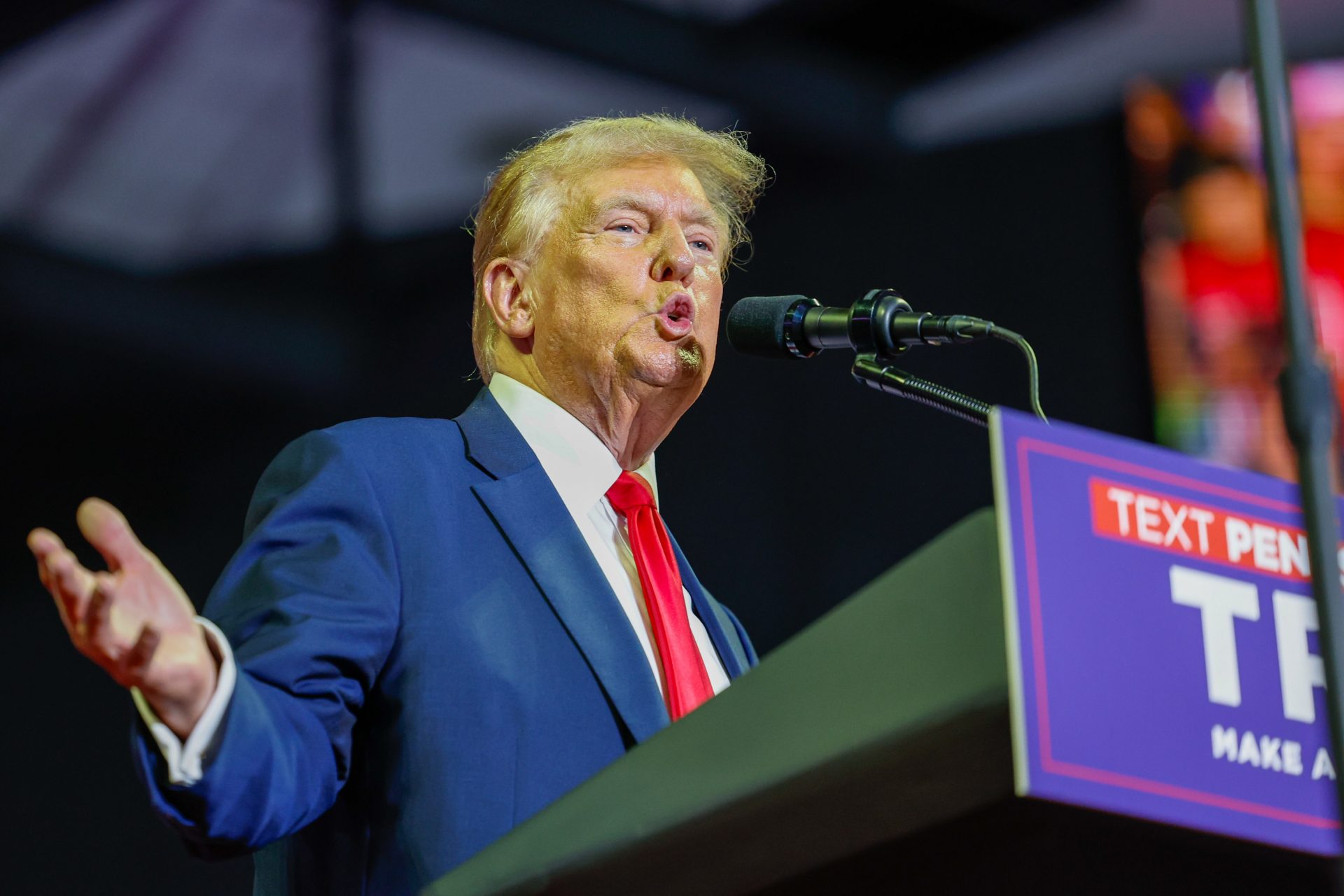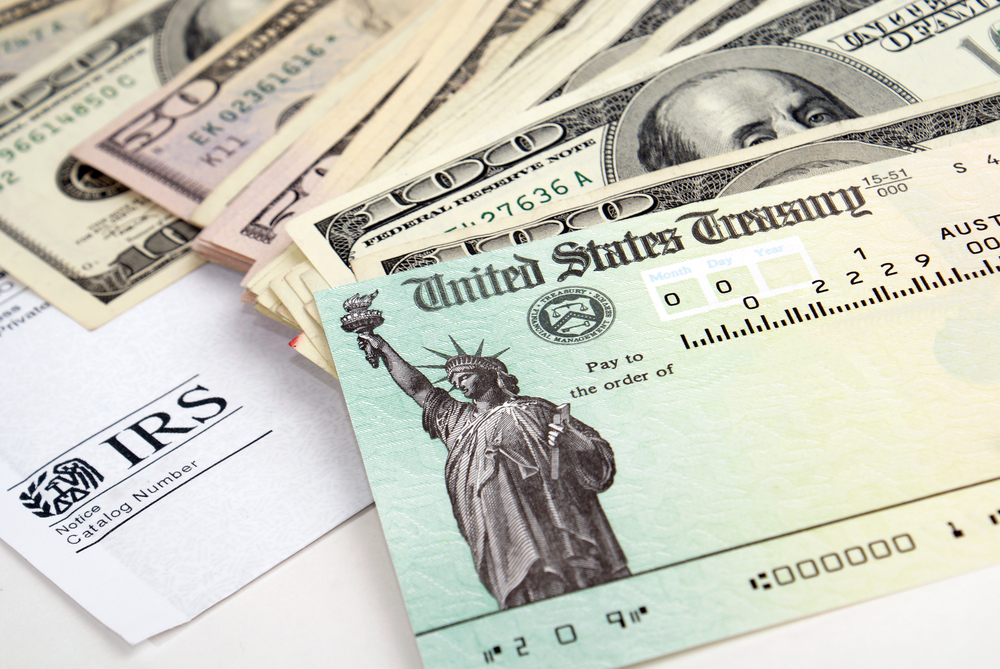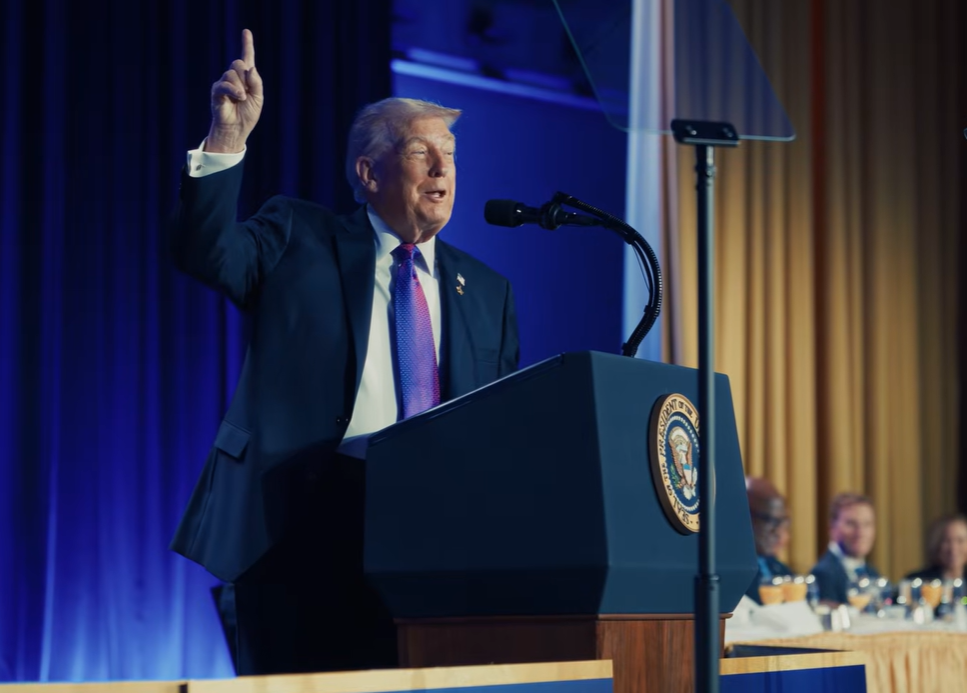By Melissa Angell, Inc. (TNS)
Former president Donald Trump’s call to stop taxing tips has drawn attention from lawmakers—but it’ll come at a cost.
Reps. Thomas Massie (R-KY) and Matt Gaetz (R-FL) introduced the Tax Free Tips Act of 2024 on Tuesday. The bill—which draws inspiration from both Trump and former Senator Ron Paul—would ax federal income and employment taxes on tips earned by workers. Rep. Marjorie Taylor Greene (R-FL) is a co-sponsor of the bill.
“As the cost of living continues to rise, the hardworking men and women in the service industry, many of whom may be working a second job to make ends meet, must be allowed to keep every dollar of tip money they earn,” Rep. Gaetz said in a statement.
Trump first teased the idea in early June during a campaign event in Nevada, one of the battleground states for this year’s election.
“When I get to office, we are not going to charge taxes on tips,” the president said during the event.
The proposal is likely to be a popular one among service workers, many of whom rely solely on tips to make ends meet. The federal minimum wage for tipped employees sits at $2.13 per hour.
In theory, the idea here is that not taxing tips could be a cushion for workers, especially as more Americans start to rein in their discretionary spending. A new survey from KPMG finds that consumers plan to cut back their monthly spending on restaurants by 9 percent.
But an analysis from the Committee for a Responsible Federal Budget—a Washington. D.C.-based non-profit focusing on public policy—finds that Trump’s proposal could cost between $150 to $250 billion over a decade. The CRFB published its analysis on June 16.
“In practice, exempting tip income from taxation would lead workers and employers to reclassify ordinary income as tip income where possible and could lead to a larger shift toward lower base pay and higher tipped income, more broadly,” the CRFB wrote in its analysis.
_______
(c) 2024 Mansueto Ventures LLC; Distributed by Tribune Content Agency LLC.
Thanks for reading CPA Practice Advisor!
Subscribe Already registered? Log In
Need more information? Read the FAQs




